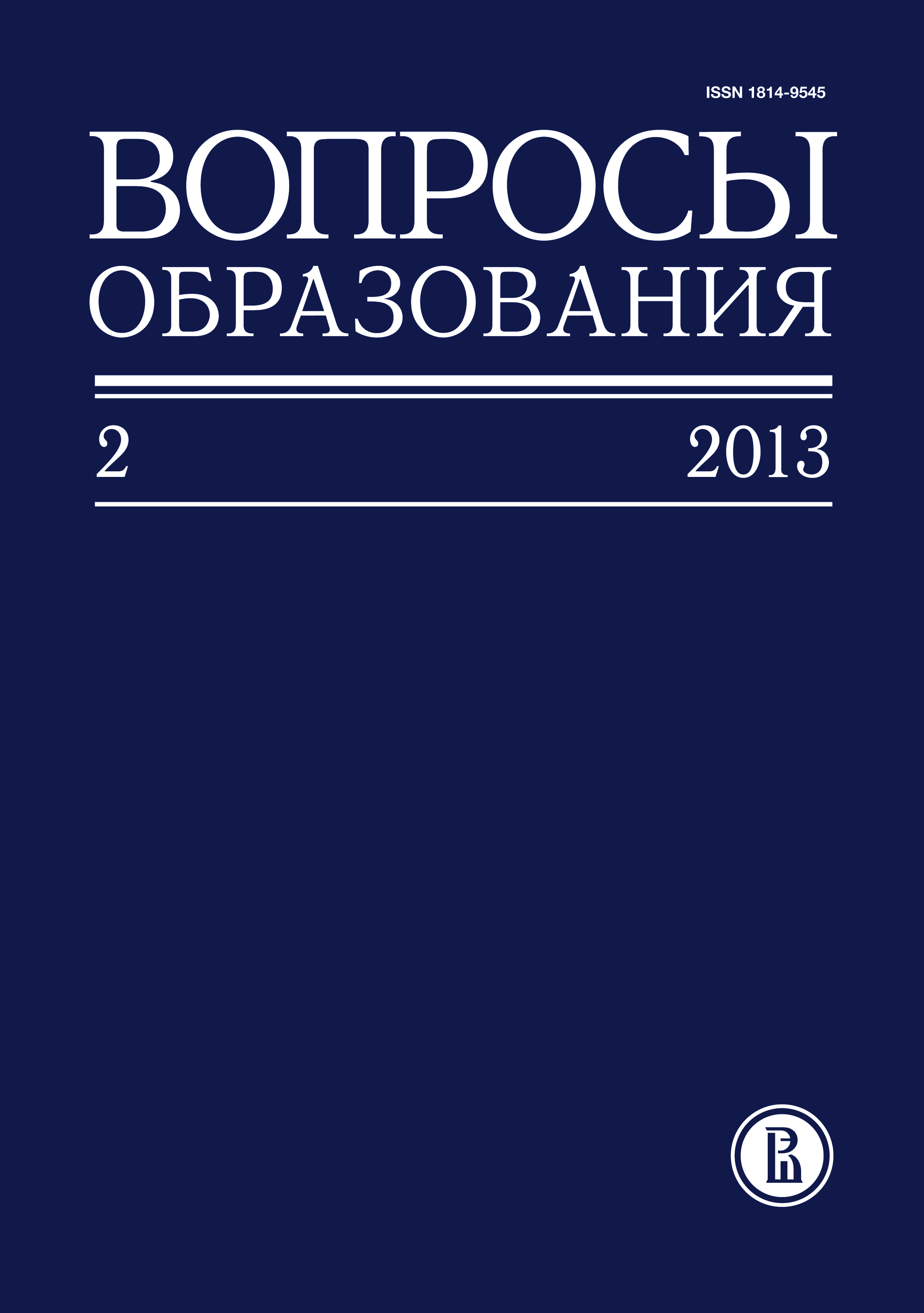Образовательная экспансия Турции в Африке
Аннотация
Мосаки Нодар Зейналович — кандидат исторических наук, старший научный сотрудник Института востоковедения РАН. Эл. адрес: nodarmossaki@gmail.com
Адрес: Институт востоковедения РАН — Россия, 107031, Москва, ул. Рождественка, д. 12.
На примере турецких школ, функционирующих в 140 странах, рассмотрен опыт открытия национальных учебных заведений за пределами государства. Проанализирована деятельность турецких школ в Африке, их значение для продвижения позитивного образа Турции на Черном континенте. Выявлены причины успеха, определены контингент учащихся и специфика содержания образовательных программ.
Создание турецких школ по всему миру стало наиболее успешным проектом Турции во внешней политике за последние годы. Будучи негосударственным проектом, частные школы получают серьезную поддержку со стороны властей. Источниками финансирования являются плата за обучение и средства, выделяемые бизнес-структурами. Идейный и миссионерский настрой происламских предпринимателей, поддерживающих эти школы, стал одним из важных факторов создания широкой сети турецких учебных заведений за рубежом. Частный характер школ обусловливает гибкость их управления и отсутствие бюрократизации.
Привлекательность турецких школ за рубежом для местных элит усиливается за счет преподавания на английском языке. Свободное владение наряду с английским другими языками, в том числе неевропейскими, расширяет возможности выпускников турецких школ. Сильная естественно-научная подготовка позволяет отбирать наиболее талантливых учеников и открывает для учащихся перспективы продолжения обучения в лучших вузах. Внешкольная деятельность преподавателей, занимающихся благотворительностью и тесно взаимодействующих с семьями учеников, способствует повышению авторитета турецких школ в местном сообществе. Турецкие школы стали важнейшим каналом национального влияния, содействуя распространению турецко-исламского синтеза в Африке.








